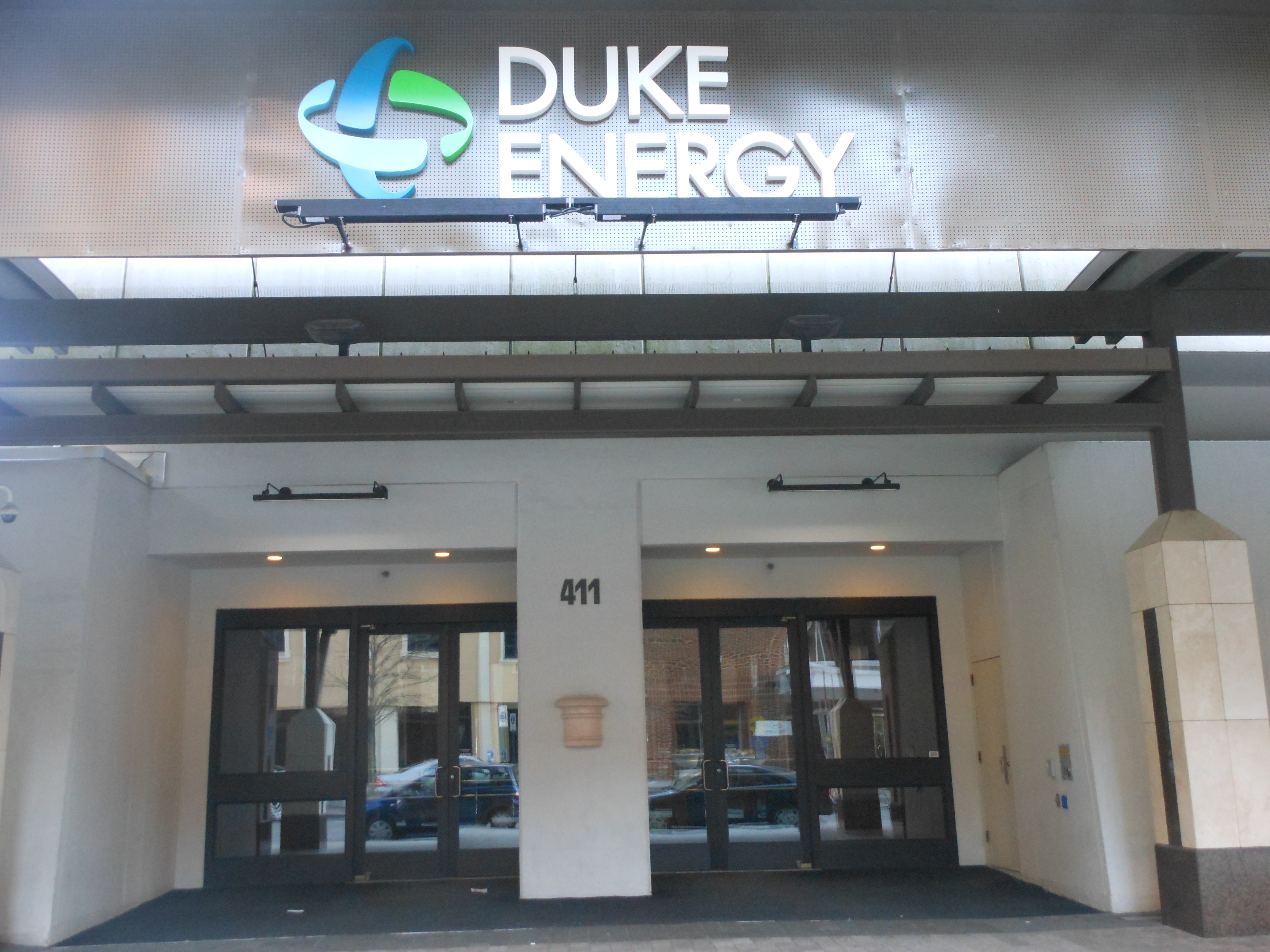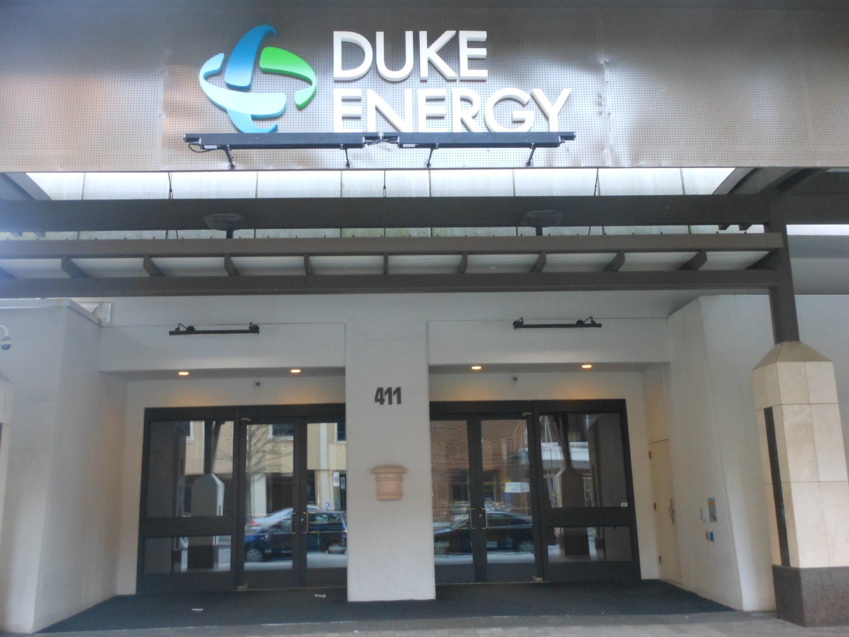During the annual shareholders meeting, Duke Energy's Chair, President, and CEO Lynn Good informed investors that in 2022, the company made notable advancements towards its strategic objectives. Despite facing challenges, Duke Energy demonstrated exceptional adaptability and achieved positive results across its operational areas.
“Our more than 27,000 teammates seized every opportunity to deliver value to our stakeholders and grow our business,” she said. “We made meaningful progress on our clean energy strategy and took decisive action to position our company for the long term.”
Good cited several milestones:
“We expanded our net-zero goals to include Scope 2 and certain Scope 3 emissions, becoming one of the first in the industry to tie more than 95% of emissions to a net-zero commitment.”
“We set a target to exit coal by 2035 subject to regulatory approval and expect coal to represent less than 5% of generation by 2030.”
“We announced plans to add regulated renewables at an ambitious pace. We project we’ll have 30,000 megawatts on our system by 2035, which is five times more than we operate today.”
“We advocated for policies that help us deliver affordable, reliable and increasingly clean energy, including the Inflation Reduction Act, which we estimate will generate billions of dollars in savings for our customers over the next decade.”
“We filed our first proposed Carbon Plan with the North Carolina Utilities Commission (NCUC), incorporating input from more than 500 stakeholders and outlining multiple portfolios designed to achieve some of the nation’s most ambitious goals while balancing affordability and reliability. In December, we received a constructive order from the NCUC, recognizing the value of an all-of-the-above approach.”
"We continued to modernize the grid and increase reliability and resiliency in all our service territories, including approvals of our $2 billion, six-year grid investment plan in Indiana and a $7 billion, 10-year storm protection plan in Florida.”
“And increased the capital plan for our regulated businesses to more than $145 billion over the next decade. It’s one of the largest in the industry, with 85% funding investments in the grid and our clean energy transition.”
“As we increased our capital plan to fund our clean energy transition, we conducted a strategic review of our Commercial Renewables business and made the decision to sell. This decision will strengthen our balance sheet and allow us to focus on the significant investment opportunities within our regulated operations. It will also position the renewables business for continued growth.”
“Whether it was restoring service after a historic hurricane, leading the way on decarbonization or finding ways to mitigate costs for customers, we rose to the occasion last year. We delivered on our commitment to customers and advanced our strategic priorities,” said Good.
Delivering consistent and lasting benefits to customers
Duke Energy remains dedicated to prioritizing affordability and cost management, all while ensuring attractive returns for its shareholders persist.
“We worked with state regulators to mitigate bill impacts and provided customers with resources to help them. This included working with community assistance agencies to connect customers in need with nearly $300 million over the last two years,” said Good.
In the year 2023, Duke Energy has already accomplished favorable results in regulatory and legislative matters. These achievements include obtaining approval for fuel and storm cost recovery in Florida, implementing reforms to net metering in North Carolina, and enacting new legislation in Indiana that promotes modern recovery mechanisms and facilitates the transition of our generation systems.
“We look forward to building on our success, navigating the transition in a responsible way that continues to preserve affordability and reliability while delivering sustainable value for our investors, customers and communities,” said Good.
Additional Updates
During the meeting, several other noteworthy developments took place:
In response to shareholder inquiries, Lynn Good addressed a wide range of topics. The company intends to publish the answers to these questions on its official website.
Shareholders voted to elect all 14 nominees to Duke Energy's board of directors.
The approval of the company's 2023 Long-Term Incentive Plan was granted by shareholders.
A nonbinding shareholder proposal aimed at eliminating supermajority voting provisions in Duke Energy Corporation's Certificate of Incorporation garnered majority support from the votes cast.
However, a second nonbinding shareholder proposal regarding the formation of a committee to evaluate decarbonization risk did not receive majority support from the votes cast.
A replay of the meeting will be made available on Duke Energy's investors page for reference.
“Our more than 27,000 teammates seized every opportunity to deliver value to our stakeholders and grow our business,” she said. “We made meaningful progress on our clean energy strategy and took decisive action to position our company for the long term.”
Good cited several milestones:
“We expanded our net-zero goals to include Scope 2 and certain Scope 3 emissions, becoming one of the first in the industry to tie more than 95% of emissions to a net-zero commitment.”
“We set a target to exit coal by 2035 subject to regulatory approval and expect coal to represent less than 5% of generation by 2030.”
“We announced plans to add regulated renewables at an ambitious pace. We project we’ll have 30,000 megawatts on our system by 2035, which is five times more than we operate today.”
“We advocated for policies that help us deliver affordable, reliable and increasingly clean energy, including the Inflation Reduction Act, which we estimate will generate billions of dollars in savings for our customers over the next decade.”
“We filed our first proposed Carbon Plan with the North Carolina Utilities Commission (NCUC), incorporating input from more than 500 stakeholders and outlining multiple portfolios designed to achieve some of the nation’s most ambitious goals while balancing affordability and reliability. In December, we received a constructive order from the NCUC, recognizing the value of an all-of-the-above approach.”
"We continued to modernize the grid and increase reliability and resiliency in all our service territories, including approvals of our $2 billion, six-year grid investment plan in Indiana and a $7 billion, 10-year storm protection plan in Florida.”
“And increased the capital plan for our regulated businesses to more than $145 billion over the next decade. It’s one of the largest in the industry, with 85% funding investments in the grid and our clean energy transition.”
“As we increased our capital plan to fund our clean energy transition, we conducted a strategic review of our Commercial Renewables business and made the decision to sell. This decision will strengthen our balance sheet and allow us to focus on the significant investment opportunities within our regulated operations. It will also position the renewables business for continued growth.”
“Whether it was restoring service after a historic hurricane, leading the way on decarbonization or finding ways to mitigate costs for customers, we rose to the occasion last year. We delivered on our commitment to customers and advanced our strategic priorities,” said Good.
Delivering consistent and lasting benefits to customers
Duke Energy remains dedicated to prioritizing affordability and cost management, all while ensuring attractive returns for its shareholders persist.
“We worked with state regulators to mitigate bill impacts and provided customers with resources to help them. This included working with community assistance agencies to connect customers in need with nearly $300 million over the last two years,” said Good.
In the year 2023, Duke Energy has already accomplished favorable results in regulatory and legislative matters. These achievements include obtaining approval for fuel and storm cost recovery in Florida, implementing reforms to net metering in North Carolina, and enacting new legislation in Indiana that promotes modern recovery mechanisms and facilitates the transition of our generation systems.
“We look forward to building on our success, navigating the transition in a responsible way that continues to preserve affordability and reliability while delivering sustainable value for our investors, customers and communities,” said Good.
Additional Updates
During the meeting, several other noteworthy developments took place:
In response to shareholder inquiries, Lynn Good addressed a wide range of topics. The company intends to publish the answers to these questions on its official website.
Shareholders voted to elect all 14 nominees to Duke Energy's board of directors.
The approval of the company's 2023 Long-Term Incentive Plan was granted by shareholders.
A nonbinding shareholder proposal aimed at eliminating supermajority voting provisions in Duke Energy Corporation's Certificate of Incorporation garnered majority support from the votes cast.
However, a second nonbinding shareholder proposal regarding the formation of a committee to evaluate decarbonization risk did not receive majority support from the votes cast.
A replay of the meeting will be made available on Duke Energy's investors page for reference.


 Duke Energy: Achieving Clean Energy Transition & Environmental Goals by 2050
Duke Energy: Achieving Clean Energy Transition & Environmental Goals by 2050





 Companies
Companies